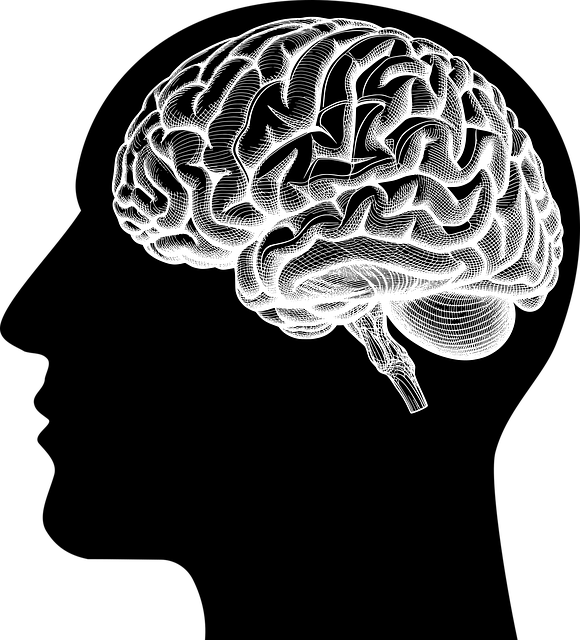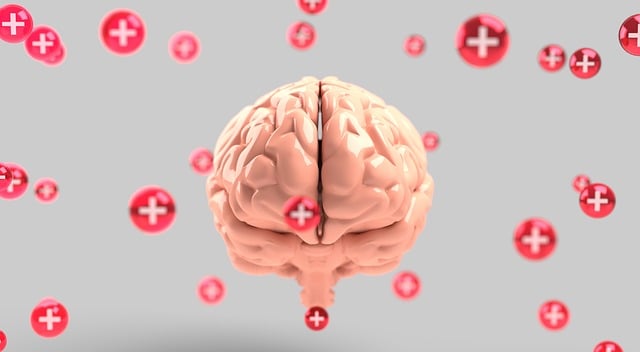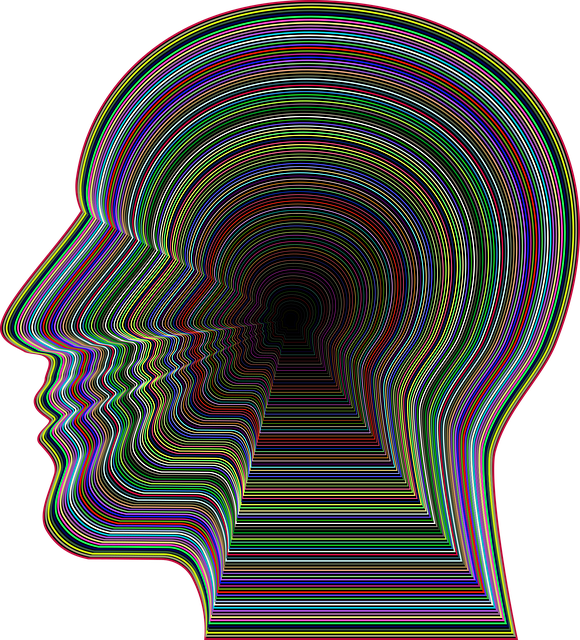Mental health evaluations employ diverse methods like clinical interviews and standardized assessments (e.g., psychometric tests, DSM) to accurately gauge emotional well-being. These tools facilitate holistic understanding, aiding diagnosis and personalized treatment planning. Advanced data analysis techniques, including machine learning and AI, are transforming evaluations by revealing patterns and trends, enabling more precise therapy for Mental Health Evaluations. By integrating these insights into community outreach programs, mental health awareness can be enhanced, leading to better access to care and improved outcomes for diverse populations.
Mental health data analysis is a powerful tool in understanding and improving individual well-being. This article explores the intricacies of mental health evaluations, their various types, and the purposes they serve in therapy. We delve into effective data collection methods, highlighting the importance of accurate assessment. Advanced techniques for interpreting results are discussed, enabling professionals to tailor personalized treatment plans. By understanding these processes, we can enhance therapy outcomes and foster better mental health practices.
- Understanding Mental Health Evaluations: Types and Purposes
- Data Collection Methods for Effective Therapy Assessment
- Advanced Analysis Techniques to Interpret Results
- Applying Insights: Personalized Treatment Plans and Strategies
Understanding Mental Health Evaluations: Types and Purposes

Mental health evaluations are crucial tools used to assess an individual’s emotional and psychological well-being. These evaluations encompass various methods, each serving distinct purposes in understanding complex mental health conditions. One common approach is the clinical interview, where professionals engage clients in conversation to gather insights into their thoughts, feelings, behaviors, and experiences. This technique allows for a holistic understanding of the individual’s mental state.
Additionally, standardized assessments, such as psychometric tests and questionnaires, play a vital role in mental health evaluations. These tools provide structured measurements of specific symptoms or traits, enabling professionals to diagnose conditions accurately. For instance, the Diagnostic and Statistical Manual (DSM) is a comprehensive guide used worldwide, offering detailed criteria for various mental disorders. Therapy for Mental Health Evaluations often involves a combination of these methods, ensuring a comprehensive understanding that can inform personalized treatment plans, promote Self-Care Routine Development for Better Mental Health, and foster Resilience Building through targeted interventions.
Data Collection Methods for Effective Therapy Assessment

Effective therapy assessment begins with robust data collection methods that capture a comprehensive view of an individual’s mental health. These methods include structured clinical interviews, self-report questionnaires, and observational assessments tailored to specific therapeutic approaches. By employing these techniques, therapists gain valuable insights into clients’ symptoms, experiences, and behaviors. Structured interviews, for instance, provide standardized questions to ensure consistent data collection across different settings.
Self-report questionnaires are another powerful tool, enabling individuals to reflect on their emotions, thoughts, and behaviors. This promotes self-awareness and provides therapists with a broader perspective. Moreover, integrating public awareness campaigns focused on mental health can facilitate open dialogue, encouraging clients to share personal experiences and perceptions, thereby enriching the data collection process for more precise therapy evaluations and subsequent interventions, including stress management strategies and self-esteem improvement techniques.
Advanced Analysis Techniques to Interpret Results

In the realm of mental health data analysis, advanced techniques have emerged to interpret complex results and gain deeper insights from evaluations. These sophisticated methods go beyond basic statistical analysis, employing machine learning algorithms and artificial intelligence to uncover patterns and trends within large datasets. By leveraging these cutting-edge tools, mental health professionals can identify subtle correlations and predict outcomes more accurately, thereby personalizing therapy for Mental Health Evaluations. This approach ensures that interventions are tailored to individual needs, enhancing the effectiveness of treatment plans.
For instance, Community Outreach Program Implementation can benefit greatly from such advanced analysis. By understanding the unique characteristics and challenges within diverse communities, mental health services can be adapted to foster Mental Health Awareness and provide targeted Trauma Support Services. This strategic approach not only improves access to care but also leads to better patient outcomes, ultimately revolutionizing how we address mental well-being on a societal level.
Applying Insights: Personalized Treatment Plans and Strategies

Applying insights derived from mental health data analysis goes beyond mere numbers and statistics; it empowers healthcare professionals to tailor therapy for mental health evaluations. By understanding individual patterns, trends, and unique challenges, practitioners can create personalized treatment plans that address specific needs. This approach ensures that emotional regulation strategies, once considered one-size-fits-all, are now customized to enhance mental health awareness and foster empathy building strategies among patients.
This precision in therapy allows for more effective interventions, leading to improved outcomes. For instance, data might reveal certain therapeutic techniques or medications that resonate better with specific demographics or individuals dealing with co-occurring disorders. Such insights enable healthcare providers to offer targeted support, making mental health care more accessible and beneficial to those who need it most.
Mental health data analysis is a powerful tool in enhancing therapy outcomes. By understanding various evaluation types, implementing effective data collection methods, and utilizing advanced interpretation techniques, professionals can gain valuable insights into patient needs. This allows for personalized treatment plans tailored to individual requirements, ultimately improving mental well-being and quality of life. Embracing these strategies within mental health evaluations ensures a more precise and effective approach to therapy.














